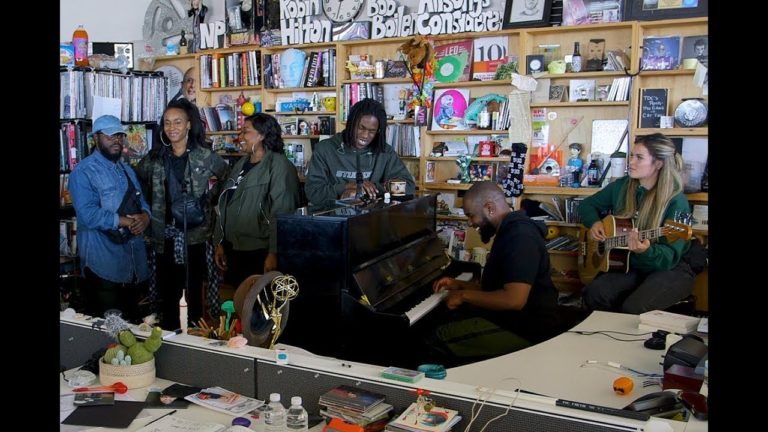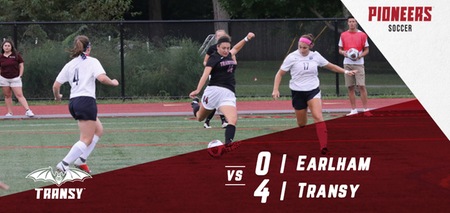Rambler Media Advisor Tom Martin interviewed Craig Hella Johnson, the composer and conductor of Considering Matthew Shepard, in last week’s edition of Eastern Standard, an NPR radio program offering a weekly “slice of Kentucky life.”
The choral drama is based on the life and death of Matthew Shepard, a gay man who was tortured and murdered in Laramie, Wyoming, in 1998.
Below are excerpts from the interview which have been lightly edited for content and clarity. The full interview is available here.
Considering Matthew Shepard will be performed on campus at 7:30 tonight in Haggin Auditorium. Admission is free.
Tom: So, first, to help us know what to expect when we attend the performance, could you tell us more about the piece? What is its intention?
Craig: Yeah. This is about a 100-minute with no intermission concert linked performance with about 30 singers and 8 instrumentalist. I conduct this piece from the piano and—let’s see, the intention. The name of this piece is Considering Matthew Shepard. And my own purpose, maybe I have a few avenues to mention there, but I think I wanted to bring memory so that we wouldn’t forget Matthew Shepard and his story. And also that we would remember the lessons that we have been learning from his life and his death. I call it a singing meditation where I invite listeners in a performance to experience this work, which as you said, you know, has a variety of musical styles and which is very intentional for me, it’s to invite everyone so that we might be together with almost a communal listening experience for 100 minutes and really contemplate not just this story, but our own journeys in life. And in some ways, people have said it’s kind of a call to return back home to love, to really remembering in our deepest selves what it is to hold each other and love, to love each other, to treat each other well and with great affection and connection. So, it’s a musical framework that kind of serves as a meditation, as an invitation. It’s certainly telling a difficult story on the one hand, but really we often in performing it feel quite connected, and hopeful, and uplifted. It’s a sort of multilevel experience.
Tom: I’m really, curious, Craig, how and when did it occur to you that Matthew’s story could be an appropriate subject for a major musical work like this?
Craig: Well, I mean, my response was really personal and felt like a heart response back in 1998, when Matt was beaten and then when he died five days later. I learned about this from one of the singers in Chanticleer, a group I was the artistic director of at that time. And he shared this news with me and then I learned more of course in the days to follow. And it just pierced me. Like it did so many people around the world. And I knew I felt at that time just an impulse, like I wanna respond to this. I wanna write, whether I write a song or am I gonna create something. So the impulse was very immediate and then it took me a long, long time to become ready to actually do it. So I waited, and waited, and waited in a way maybe kind of wanting to avoid it, you know, and yet it kept calling out to me. And eventually, I said I need do this. It feels like one of the things I’m supposed to express in this life.
Tom: Have you had contact with Matthew’s family and have they heard the piece?
Craig: Yes. Yes. Absolutely. They’ve been incredibly supportive from the beginning. And they have so many requests and they don’t say yes a lot. So to have their blessing has just meant everything to me and they have both heard the work in complete performance. They’ve heard recordings before. But about a year ago, Judy [Matthew’s mother] was in Boston Symphony Hall with us in her first full live performance. And just very recently Dennis [Matthew’s father] was with us, and that was his first full live performance. And we did talk with him, and that was a very moving thing to have him. And a year ago to have Judy in the hall with us, it just shaped our whole performance.
Eastern Standard runs Thursdays at 11:00 AM on NPR-WEKU 88.9 FM.













